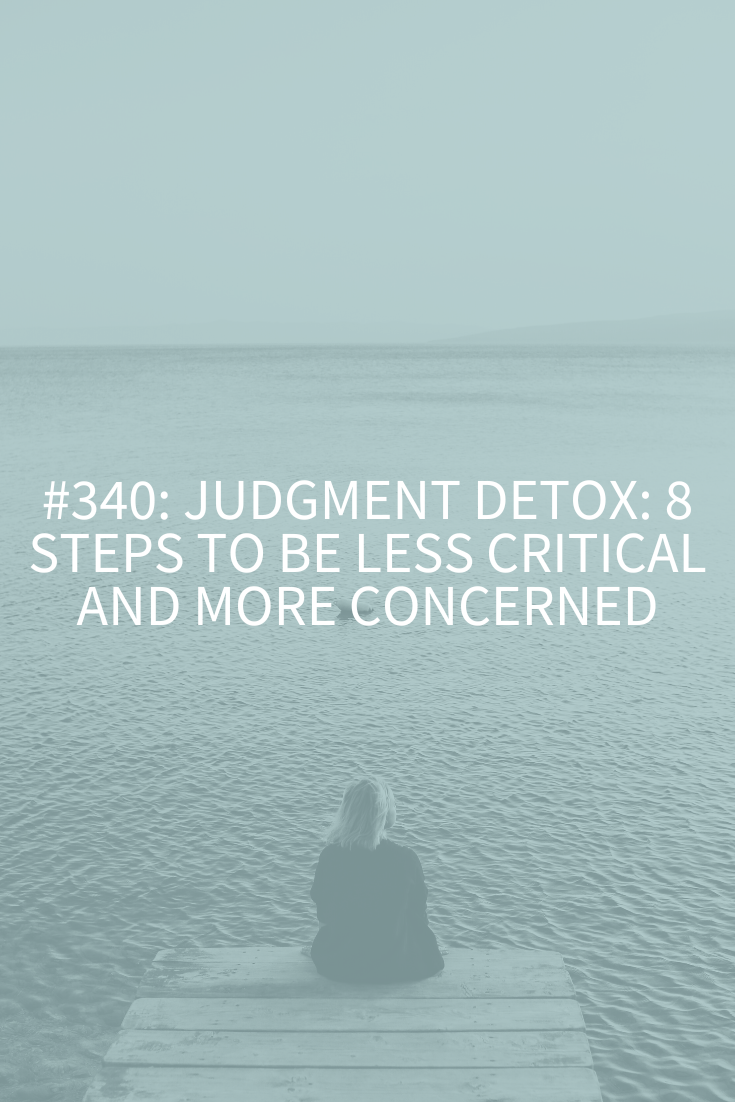
If you’ve ever felt like your partner shuts down when you ask, “How are you feeling?” or you find yourself saying, “I don’t know what I’m feeling; I just feel off,” you might be dealing with something deeper than emotional avoidance. You might be dealing with alexithymia. No, it’s not a disease. Nobody’s broken. But it’s real, and it affects your relationships, your mental health, and your ability to connect with yourself. Because if you don’t know how to identify or express your emotions, it’s going to be hard to have the connections and relationships you want. Today you’ll learn exactly what alexithymia is, the science behind it, and my six-step plan to build the skill of knowing what you’re feeling so you can create more connection, ease, and joy.
Resources for Why You (or Your Partner) Struggle to Talk About Feelings: Understanding Alexithymia
For the One Love Collective Community:
Tier One: Inner Circle
- Journaling Prompts
- Trait vs. State Alexithymia: What’s the Difference? Handout
- Emotion Word-of-the-Day 14-Day Challenge
Tier II: Love Accelerator
- Emotion Detective Worksheet: Connecting the Dots Between Triggers, Body, and Feelings
- Feelings Forecast Daily Planner
Tier III: VIP Love Lab
- The Emotion/Need Connection Worksheet
- The Emotional Awareness Action Plan: For When You Don’t Know What You’re Feeling
- Weekly Practice Suggestions
Order the bundle for only $8 and get all the above!
Lanius RA, Williamson PC, Densmore M, Boksman K, Neufeld RW, Gati JS, Menon RS. The nature of traumatic memories: a 4-T FMRI functional connectivity analysis. Am J Psychiatry. 2004 Jan;161(1):36-44. doi: 10.1176/appi.ajp.161.1.36. PMID: 14702248.












